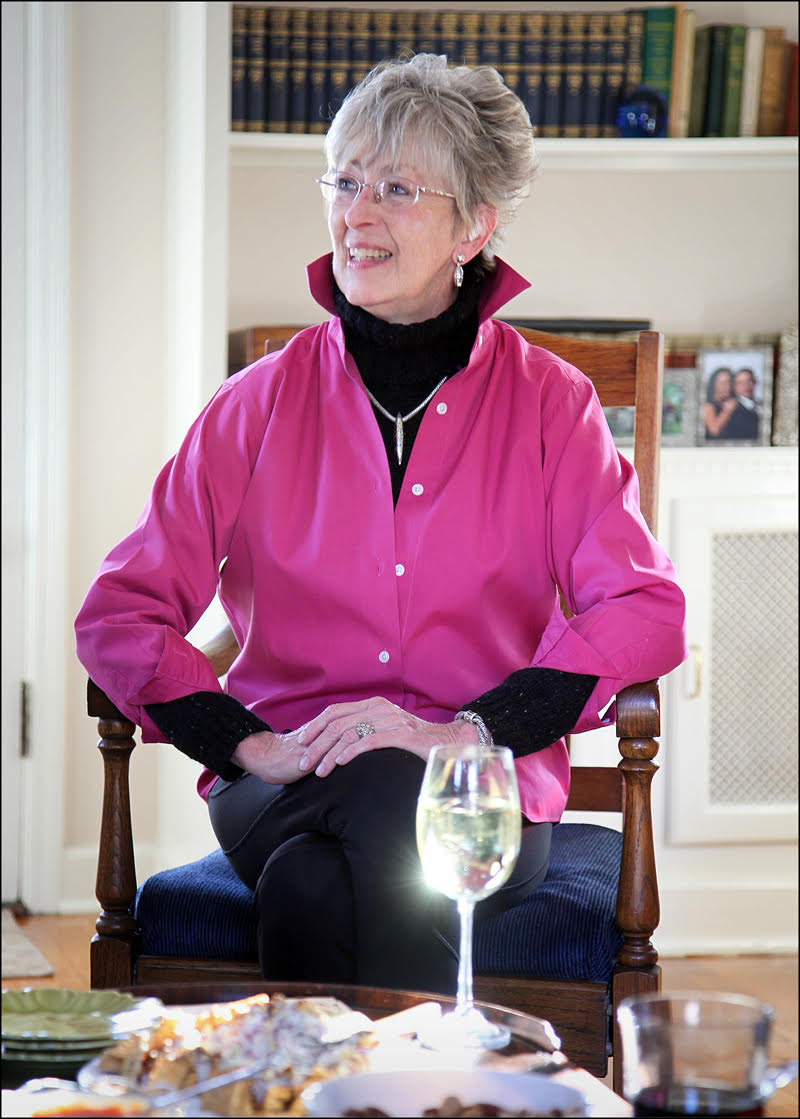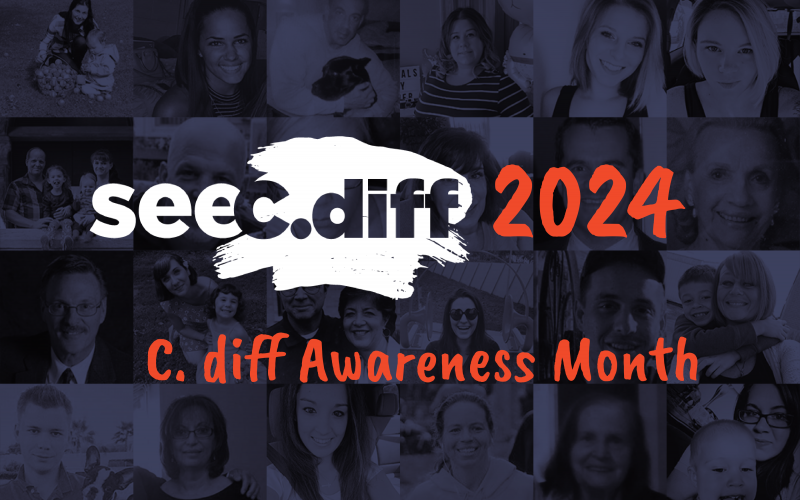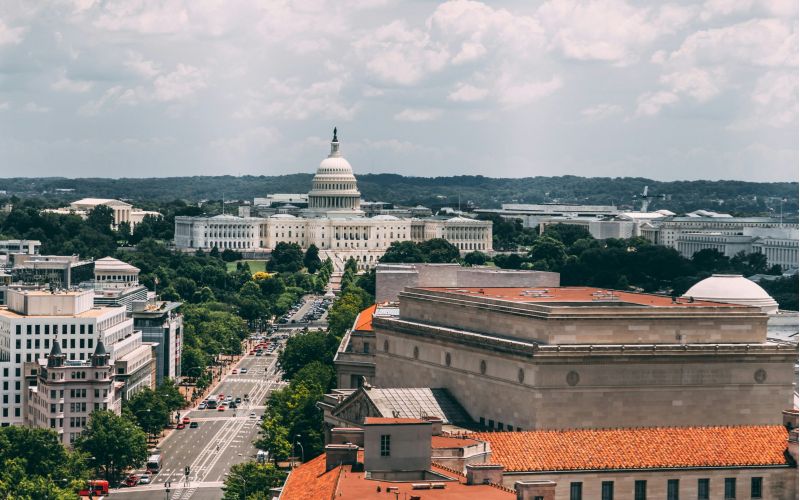Other Categories
It’s National Doctors’ Day, a day first celebrated in 1933 to recognize the contribution of a physician who performed the first surgery with anesthesia. George H. Bush later established this day as a National Holiday to recognize the physicians, researchers and medical educators who work to preserve lives based on their dedication to science, innovation and the personal communication they have with patients. Their work not only preserves life but restores the quality of life to patients. Their training is arduous. Their hours are long. And, we place our lives in their hands.
Dr. Abraham Verghese, an infectious disease specialist and best-selling author, eloquently captures doctor and patient relationship when he writes “The ritual of one individual coming to another and telling him things that she would not tell her preacher or rabbi; and then, incredibly, on top of that, disrobing and allowing touch.” The ritual, he concluded, also signals to the patient that “I will always be there; I will see you through this.” Alas, he points out that “technology is cleaving the sacred bond between doctor and patient. “I joke, but I only half joke, that if you came to one of our hospitals missing a limb, nobody would believe you until they got a CAT scan, an MRI, and an orthopedic consult.” Together, in this climate of technology and numbers often driving diagnoses, doctors and patients alike struggle to preserve the rituals of relationship that allow us to “avoid overlooking simple diagnoses that can be treated when caught early.”
Those of us who have been impacted by the scourge of Clostridium difficile can relate to this dilemma when a potentially deadly illness may well begin with what is often dismissed as “just diarrhea” or a fever that is a bit too high. This bacterium is now killing more people in our country than airplane crashes, HIV or even drunk drivers. Yet, in the midst of this deadly epidemic there are physician heroes who are pioneers in the exploration of the gut known as the “Microbiome Project.” This has ushered in a new frontier studying the role of bacteria in maintaining a delicate balance within the cellular communication throughout our bodies.
Today, we must celebrate the work of doctors such as Martin Blaser, M.D. author of the book “Missing Microbes: How Overuse of Antibiotics is Fueling our Modern Epidemics” and Chairman of the recent Presidential Advisory Council on Combating Antibiotic Resistance. Blaser and many other leading physicans are building a case for the need of both doctors and patients to practice antibiotic stewardship. Failing to do so risks our being ushered into a post-antibiotic world in which the drugs once cavalierly used to treat infection are rendered useless with lives lost as doctors and families watch helplessly. Dr. Blaser is a hero.
How do we celebrate these heroes and those we personally know? Learn to “thank them” and be specific to reinforce precisely what was valued. I keep a box of note cards on my desk for this purpose. How and when does it work to thank a doctor? I write notes of thanks when one of my doctors has taken an action that makes a difference in my health outcomes. This just happened the other day when I saw a new Internist. My case is quite complex. It requires more time. As most patients can attest, TIME is the very scarce commodity for which we compete. Without my asking, this doctor gave me the “gift of time” by directing the scheduler to always book 45 minutes for my appointments until we had learned to speak in “shorthand” with one another. This reflects an unspoken dedication to me as a complex patient. It speaks volumes. So, upon getting home, I immediately sat down to write a note of thanks to him. Over the years, I have learned that many of these thank you notes find their way into a doctor or nurses’ desk drawer where they are pulled out to reread for inspiration on a bad day. We tend to think of doctors as having robust egos with superhuman patience in dealing with today’s ever more complex medical system. But, like all the rest of us, doctors get weary and they appreciate our thanks. Let’s celebrate all the medical heroes we know on this day with some small kindness!
Trish Pooley is a patient advocate and activist whose primary focus is on the prevention of both central line infections and hospital acquired infections due to their long term impact on her life.




Leave a Reply